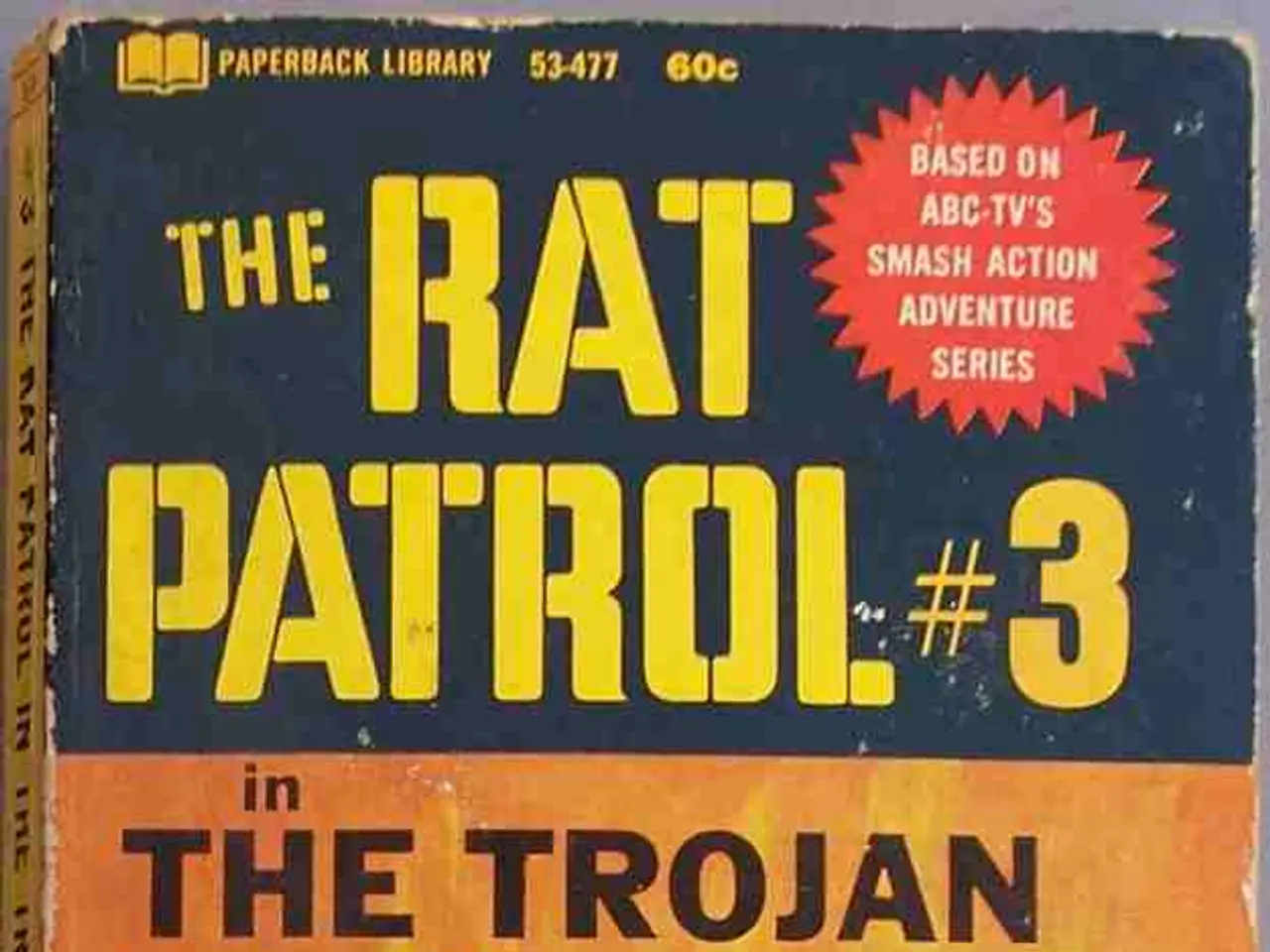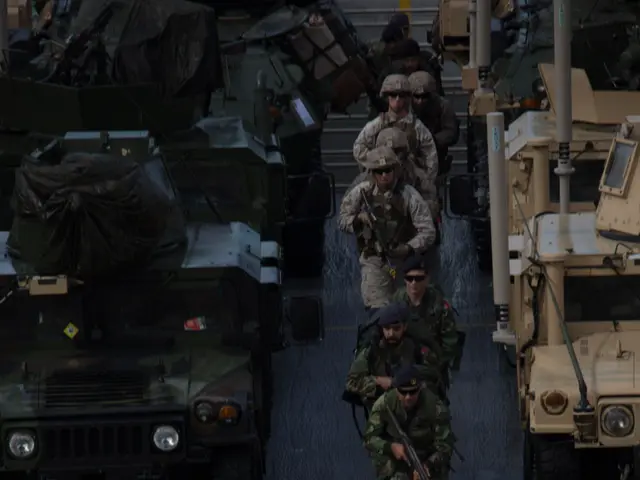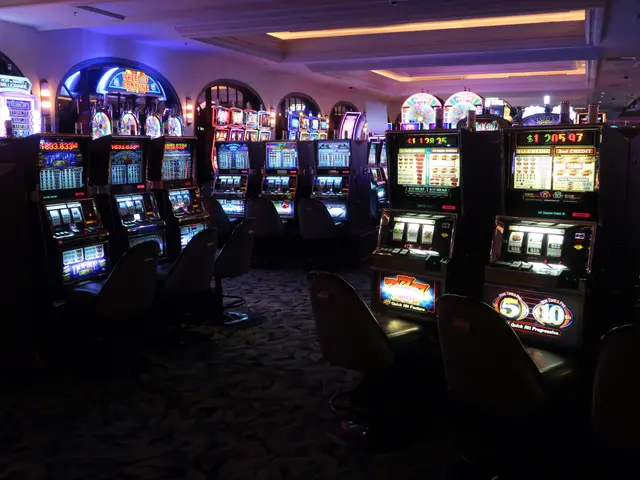Unearthing Hidden Tales: Exploring the Lesser-Known Experiences of Korean Survivors from Hiroshima
In the quiet town of Hapcheon, South Korea, a group of survivors live with the lasting impacts of a tragedy that occurred over seven decades ago. These are the Korean survivors of the Hiroshima atomic bombing, who now face discrimination, health problems from radiation exposure, social stigma, and a lack of adequate government support or formal recognition.
Many of these survivors, often elderly forced laborers brought to Japan during World War II, have lived with untreated physical and psychological scars while their stories have remained marginalized for decades. Approximately 140,000 Koreans were living in Hiroshima at the time the bomb was dropped, and studies indicate that the fatality rate among Koreans was significantly higher than that of Japanese residents.
The traumatic impacts of Hiroshima did not only affect those who lived through the explosion. Survivors returning home were often met with a leper colony in their communities due to the stigma. Shim, a Korean survivor, notes that his community labeled survivors as 'cursed' or disfigured. This stigma contributed to their silence about their trauma.
Today, survivors like Lee Jung-soon, an 88-year-old survivor, recalls the moment the bomb fell. She describes the horrific scenes of bodies left in devastating conditions, with only their eyes visible through the destruction. Han Jeong-sun, a second-generation survivor, faces both personal health challenges and societal stigma.
Studies indicate a statistically significant correlation between health issues in the second and third generations of survivors and exposure to radiation. Junko Ichiba, a peace activist, emphasizes that "Peace without apology is meaningless," indicating the need for Japan to acknowledge its historical actions fully.
These survivors seek recognition, justice, and compensation through several means. Public memorial gatherings in Hapcheon are held to honor victims and assert their history, which has long been ignored or hidden due to social stigma and the traumatic legacy of colonialism. Grassroots medical aid, including clinics in Hapcheon and assistance from Japanese anti-nuclear activists, has supplemented insufficient official support.
Legal efforts in Japan have led to some reimbursement of medical costs for overseas hibakusha (atomic bomb survivors), but many Koreans feel the acknowledgement remains incomplete and framed more as charity than justice. Survivor families advocate for greater government compensation and official apologies from Korea, Japan, and the United States, emphasizing nuclear disarmament as the broader path to justice given their ongoing suffering.
Despite small pensions, survivors struggle financially to maintain their residence in centers like the Hapcheon Atomic Bomb Victim Center, highlighting inadequate state aid. Shim Jin-tae, another survivor, expresses his frustration, stating, "No one takes responsibility."
This ongoing struggle reflects a complex legacy of colonial history, war trauma, and international political neglect. Survivors and their descendants continue to fight for visibility, dignity, and a genuine reconciliation that addresses both health consequences and historical accountability. Officials from Hiroshima have visited Hapcheon to commemorate the victims, but true peace requires acknowledgment and accountability.
- The survivors in Hapcheon, South Korea, who lived through the Hiroshima atomic bombing, have faced not only chronic diseases and medical conditions due to radiation exposure, but also social stigma and discrimination.
- Beyond physical and psychological scars, these survivors, often elderly Korean forced laborers brought to Japan during World War II, have also encountered issues related to mental health as a result of their traumatic experiences.
- The legacy of the Hiroshima tragedy extends beyond the immediate aftermath, as survivors returning home were met with social stigma, leading to a lack of open dialogue about their trauma.
- The ongoing struggle for recognition, justice, and compensation for these survivors has led to grassroots movements, including medical aid and legal efforts, as well as public memorial gatherings emphasizing nuclear disarmament.
- The historical accountability for events like the Hiroshima bombing is crucial for true peace, as Japan is urged to acknowledge its actions and provide a genuine apology, while the survivors and their descendants continue to fight for responsible gambling with government compensation and international recognition.






